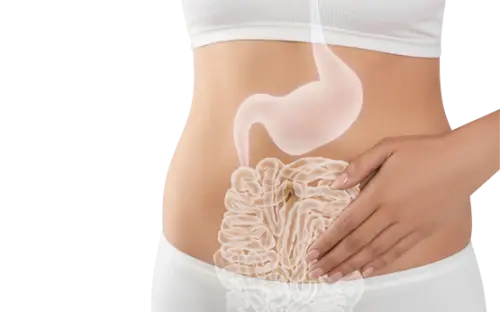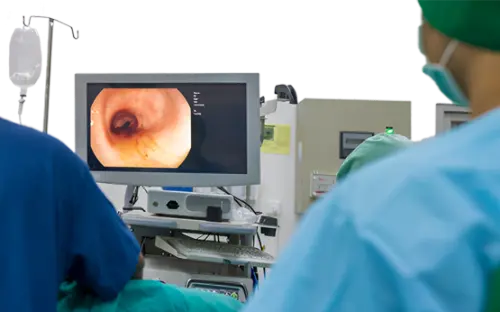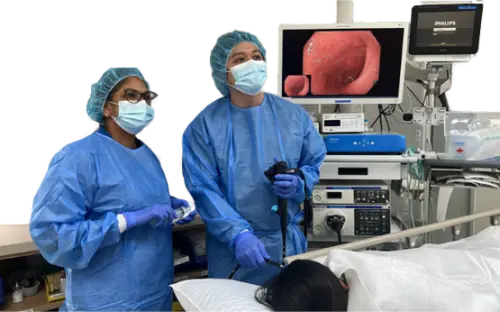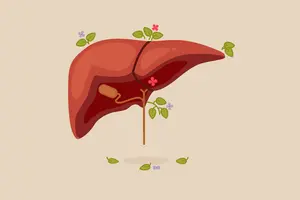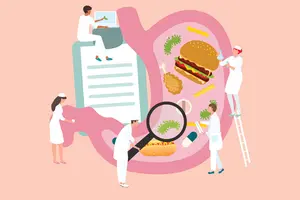-
-
Featured Care Areas


Gleneagles Centre for Digestive Health
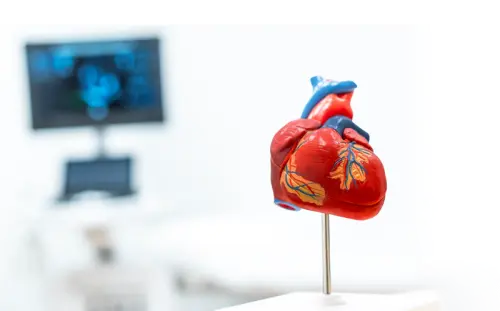
Our clinical highlights
Low-complication
rates
Our complication rate during colonoscopies is:
0.02%, outperforming the 1.20% benchmark
Thorough detection standards
Our polyp detection rate during colonoscopies is:
63.4%, outperforming the 40% benchmark
Smarter detection
with AI
Our AI-assisted endoscopies support the detection of abnormalities in the digestive tract, including pre-cancerous or cancerous tissues.
*IHH Healthcare Singapore Annual Evaluation 2023.
Complete digestive care
At Gleneagles Hospital, we offer comprehensive care for a range of digestive conditions, guiding you from diagnosis to recovery.
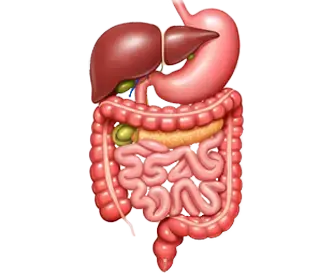
Discover each step in your recovery by expanding the tabs below:
Begin your digestive care journey
Your digestive care journey often starts with a General Practitioner (GP), and may extend to the various teams below, depending on your diagnosis. If hospital care is needed, these teams coordinate in real time to provide timely, comprehensive treatment — minimising delays, repeat visits, and stress throughout your care journey.

General Practitioner (GP)
Your care journey often starts here, when digestive symptoms cause concern and need to be evaluated by a doctor.
Speak to a GP
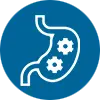
Gastroenterology
If your symptoms continue to persist, your GP may refer you to a gastroenterologist, who uses specialised tools to diagnose and treat a range of digestive conditions.
Speak to a gastroenterologist
General Surgery
If surgery is recommended as part of your treatment plan, a general surgeon will be involved in your care.
Speak to a general surgeon
Oncology
If cancerous or pre-cancerous lesions are detected during diagnosis, your specialist will refer you to an oncologist for treatment.
Speak to an oncologist
Dietetics
Our dietitians offer tailored nutritional support to address specific digestive conditions and support your overall well-being.
Speak to a dietitian
Rehabilitation
This includes physical therapy for patients requiring rehabilitation after surgery or during recovery from chronic digestive conditions.
Speak to a rehabilitation therapist
The specialists behind your care
Meet our digestive care specialists, who bring expertise in diagnosing and managing a broad range of digestive conditions.
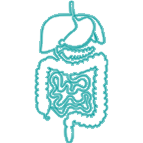
90+
Gastroenterologists, general surgeons and dietitians ready to care for you
Hear from our patients
Stories of challenges, triumphs, and the medical care our patients received throughout their journey.

Estimate your out-of-pocket costs
Our bill estimator gives you an approximate total bill.
